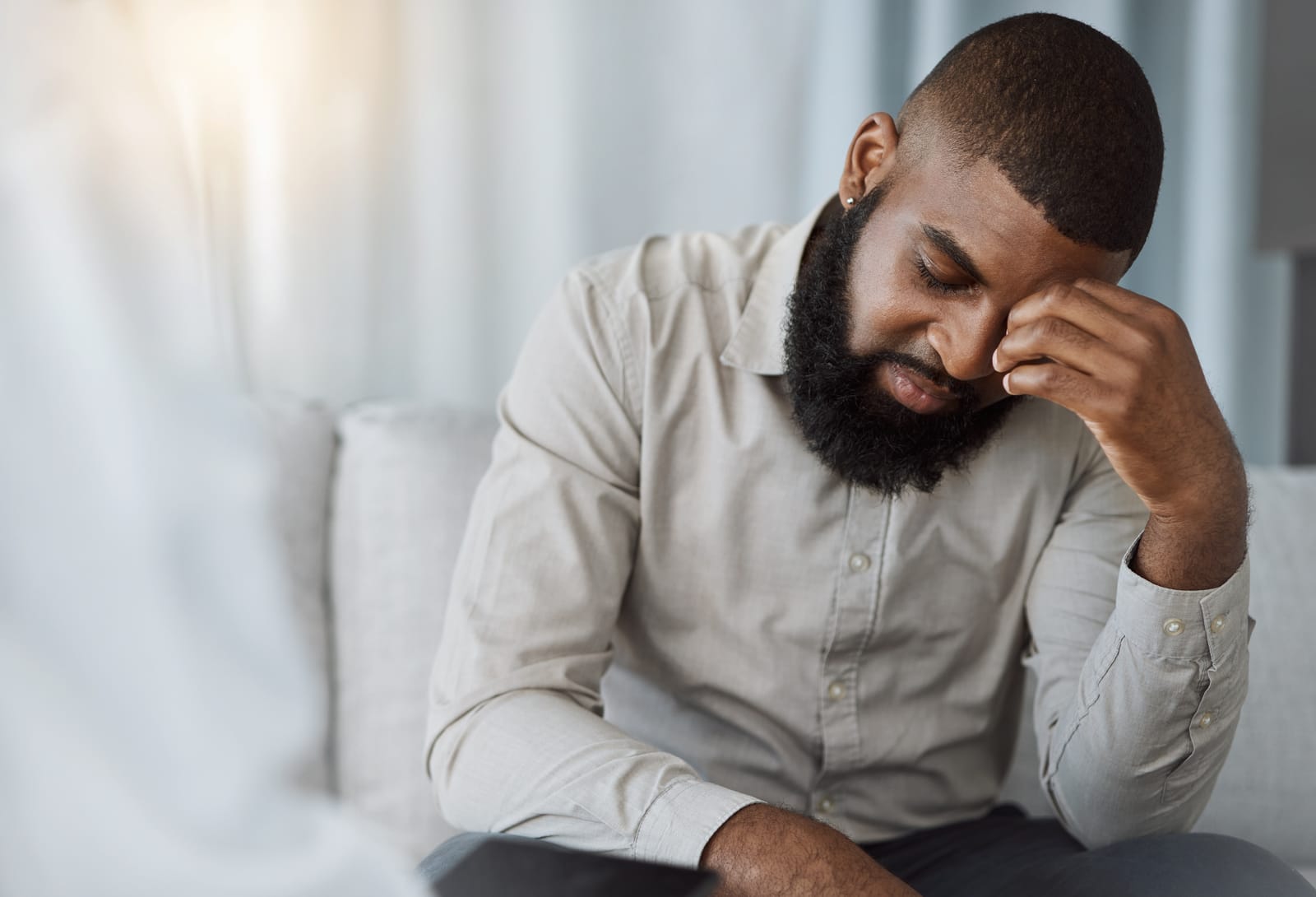The Invisible Black Man wants to be Seen!
How do you see yourself, Black men? It’s a question worth pondering. The world often casts its own perceptions upon us, and those perceptions can be heavy. But it’s time to recognize your worth, to refuse to be invisible any longer, and to embrace the power of vulnerability and transparency.
The World’s Gaze
The world may see you through a lens that’s been shaped by stereotypes and misconceptions. But remember, you are not defined by those preconceived notions. You are a unique individual with a wealth of experiences, talents, and dreams.
It’s important to challenge the world’s gaze and assert your true identity. You are not limited by anyone else’s expectations or biases.
Recognizing Your Worth
One of the most significant steps you can take is recognizing your own worth. You are valuable, not just to your family and your community but to the world at large. Your contributions, your voice, and your presence matter.
It’s not a sign of weakness to acknowledge your worth; it’s a sign of self-respect and self-love. You deserve all the same opportunities and care as anyone else.
Breaking the Silence
Historically, the idea of vulnerability and transparency has been elusive for many Black men. Society has often expected us to be strong and unyielding in the face of adversity. But it’s essential to understand that vulnerability is not a sign of weakness. It’s a demonstration of courage.
Opening up about our struggles and seeking help when needed is a powerful act of self-care. It’s time to break the silence and share our experiences, both the triumphs and the challenges.
Checking Mental Health
Mental health is a cornerstone of overall well-being. It’s time to check in with yourself and with the Black men around you. How are you feeling? What challenges are you facing? And most importantly, are you prioritizing your mental health?
Taking care of your mental health is not just about you. It’s about the positive impact you can have on your family, your community, and the world. Seeking support from mental health professionals is a sign of strength, not weakness.
Remembering the Youth
Let’s not forget the young Black men, the high schoolers who are navigating a world that can often feel unwelcoming and challenging. They may be struggling silently, believing that there’s no space for them. But we can change that narrative.
Mentoring, supporting, and encouraging young Black men to open up about their feelings and seek help when needed can make a profound difference in their lives.
Conclusion
The message is clear: Mental health is important, and it’s time to talk about it. Black men, you are not defined by how the world sees you. You define yourself. You are worthy of love, care, and support. It’s time to shed the weight of stereotypes and embrace your true self.
You are not alone in this journey. Together, we can create a space where vulnerability is celebrated, mental health is prioritized, and the worth of Black men is recognized and uplifted.
If you want to read more about this topic or need support, don’t hesitate to reach out to Newlands Philly Health at (215) 941-1236. Your journey to embracing your worth and prioritizing your mental health is a powerful one. Remember you are not alone!


